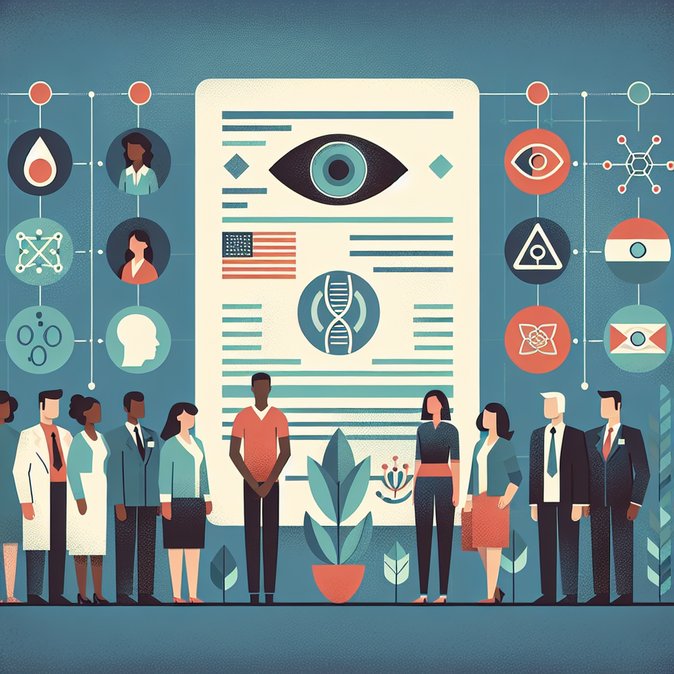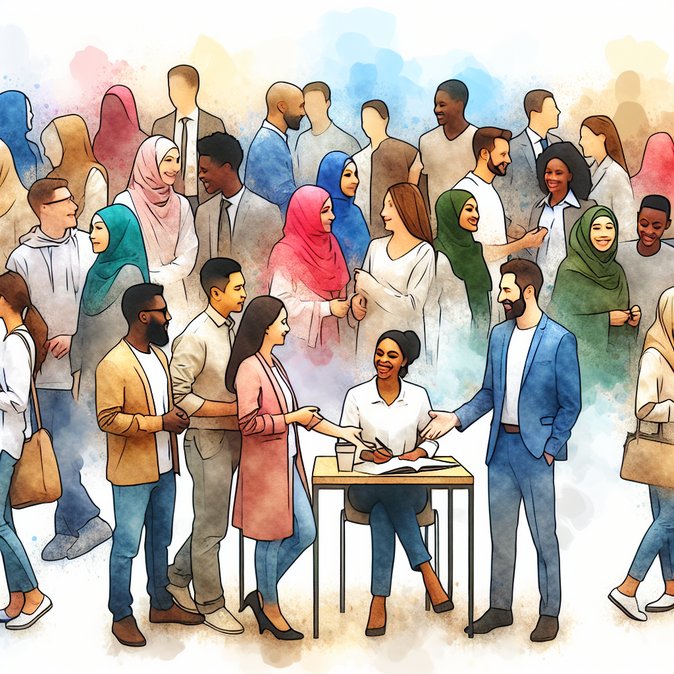
The United States Department of Homeland Security (DHS) on 2 November published a draft rule that would vastly expand biometric data collection from foreign nationals—including Indians—who apply for visas, green cards, work permits or naturalisation. The regulation would permit DHS to gather fingerprints, iris and facial scans, voiceprints and, most controversially, DNA samples from applicants of any age.
Today DNA is requested only in limited family-reunification cases or from detainees in custody. If finalised, the rule would normalise genetic swabs across the immigration system and authorise sampling whenever a non-citizen is arrested by immigration officials. DHS argues that broader biometrics will bolster identity verification and fraud prevention, but civil-liberties groups warn of privacy violations and potential misuse of genetic data.
![US proposes DNA-level biometrics for all immigration cases, raising stakes for Indians]()
For Indian corporates that depend on the H-1B, L-1 and other US work categories, the proposal introduces new compliance, cost and data-protection questions. Employers may need to brief travelling executives about DNA sampling at US ports of entry or during benefit extensions. Immigration lawyers expect multiple lawsuits, which could delay or dilute implementation, yet advise companies to budget for longer adjudication timelines in 2026.
India’s IT industry association NASSCOM said it is monitoring the rule’s progress and will submit comments citing “proportionality and reciprocal treatment”. Should the US move ahead, New Delhi may face pressure to negotiate data-security guarantees before allowing Indian citizens’ genetic information to sit in American law-enforcement databases.
The draft is open for 60 days of public comment; DHS hopes to finalise it by mid-2026. Mobility managers should track the rule, update privacy policies, and counsel travellers on the possibility of expanded biometrics at US consulates and airports.
Today DNA is requested only in limited family-reunification cases or from detainees in custody. If finalised, the rule would normalise genetic swabs across the immigration system and authorise sampling whenever a non-citizen is arrested by immigration officials. DHS argues that broader biometrics will bolster identity verification and fraud prevention, but civil-liberties groups warn of privacy violations and potential misuse of genetic data.

For Indian corporates that depend on the H-1B, L-1 and other US work categories, the proposal introduces new compliance, cost and data-protection questions. Employers may need to brief travelling executives about DNA sampling at US ports of entry or during benefit extensions. Immigration lawyers expect multiple lawsuits, which could delay or dilute implementation, yet advise companies to budget for longer adjudication timelines in 2026.
India’s IT industry association NASSCOM said it is monitoring the rule’s progress and will submit comments citing “proportionality and reciprocal treatment”. Should the US move ahead, New Delhi may face pressure to negotiate data-security guarantees before allowing Indian citizens’ genetic information to sit in American law-enforcement databases.
The draft is open for 60 days of public comment; DHS hopes to finalise it by mid-2026. Mobility managers should track the rule, update privacy policies, and counsel travellers on the possibility of expanded biometrics at US consulates and airports.












